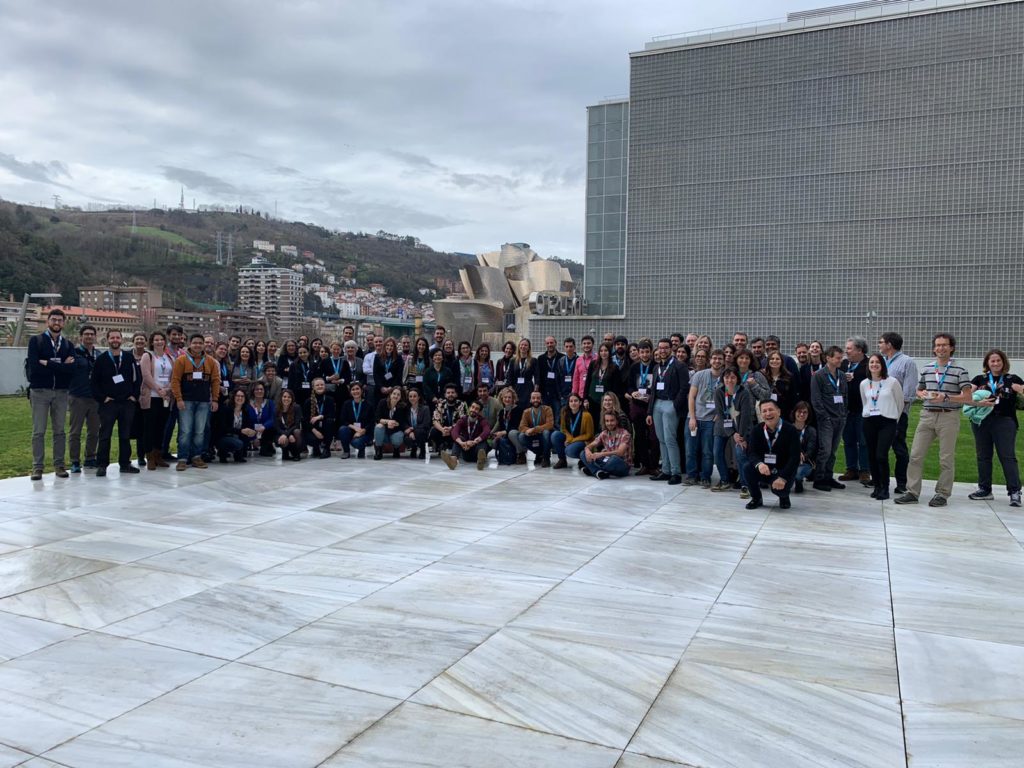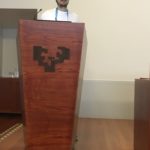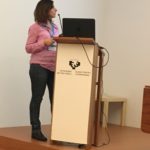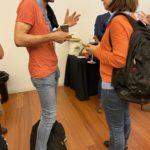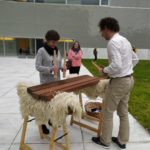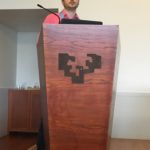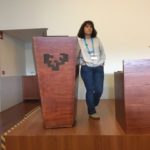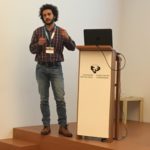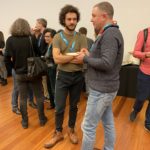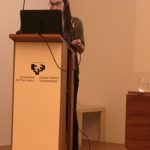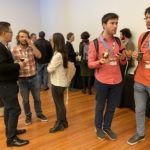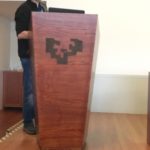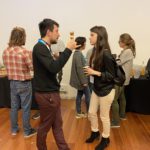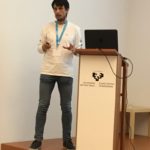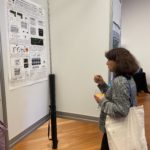From the 24th to the 27th of February, it took place in Bilbao three scientific events related to the biomedical research on the post-translational modifications of proteins by the ubiquitin family, organized by CIC bioGUNE, the University of the Basque Country and the French CNRS (Centre National de la Recherche Scientifique), together with the scientific European and Spanish scientific consortiums UbiCODE, TRIM-NET and UBIRed. During these events, the most important advances in this field were shared and discussed.
Proteins are the main effectors of the cells and they can be modified after their synthesis. Post-translational modifications by members of the ubiquitin family are at the heart of almost every biological process, including regulation of protein levels, localization, and quality control. Defects in this protein homeostasis (proteostasis) can result in developmental anomalies and disease. An intricate interplay exists among the ubiquitin-family members, with diverse chains and linkages that constitutes a “ubiquitin code”, the full meaning of which is largely unknown. Fundamental research on the ubiquitin code continues to grow, with the pharmaceutical industry taking aim at potential targets in the proteostasis area for novel therapies.
On February 24th-25th, UbiCODE celebrated its second annual meeting. UbiCODE is committed to research of the ubiquitin code and on the training of 13 PhD students in this field.
On February 26th-27th took place the “Writing and Editing the Ubiquitin Code” symposium. The meeting focused on how the ubiquitin code is written and edited though ligases and proteases, how the different modifications affect cell signaling, and how new technologies can be applied to analyze these modifications. Presentations covered a wide range of topics, like cancer, neurodegeneration and infectious diseases. Members of UBIRed, Jordi Torres, Carmen Rivas and Emilio Lecona presented their later results in this field.
On February 27th, UBIRed celebrated its second annual meeting. This meeting consisted of a series of short presentations with the aim of generating dynamic interactions and discussions, allowing the participation of students and postdocs from the groups participating in UBIRed.
More information:
• http://ubicode.eu/
• https://ubicode2020.sciencesconf.org


